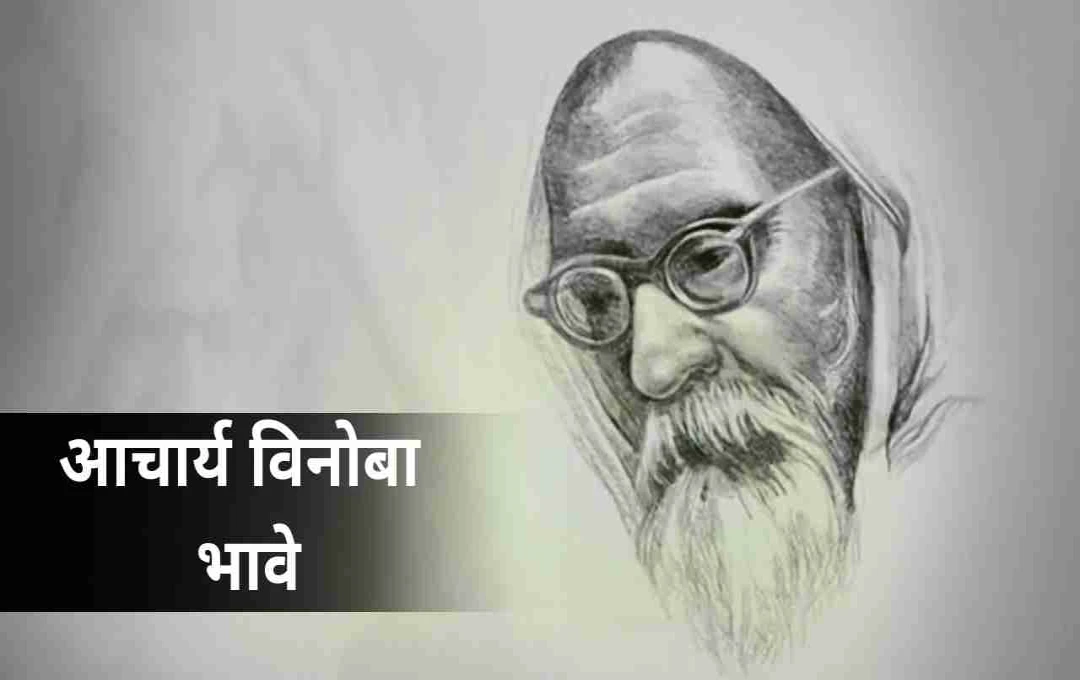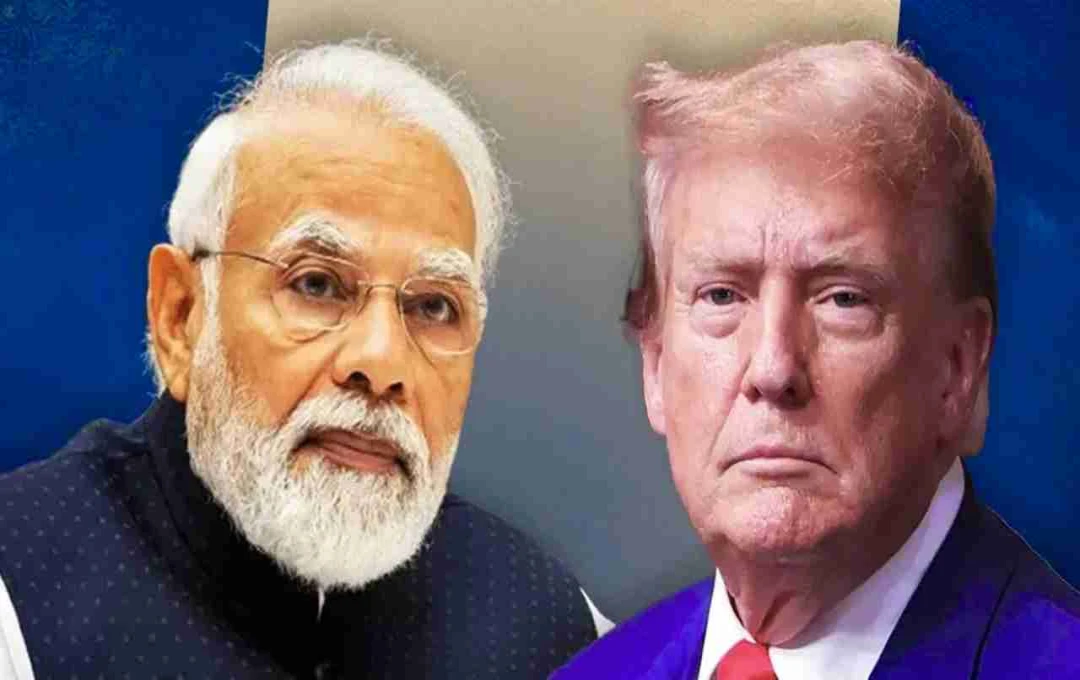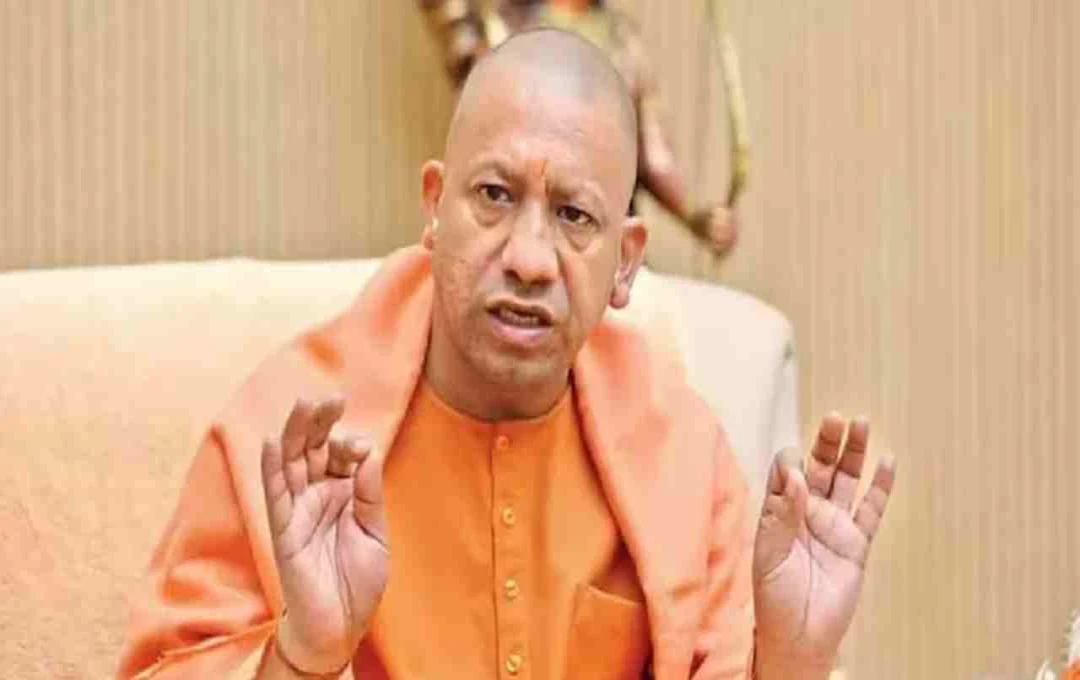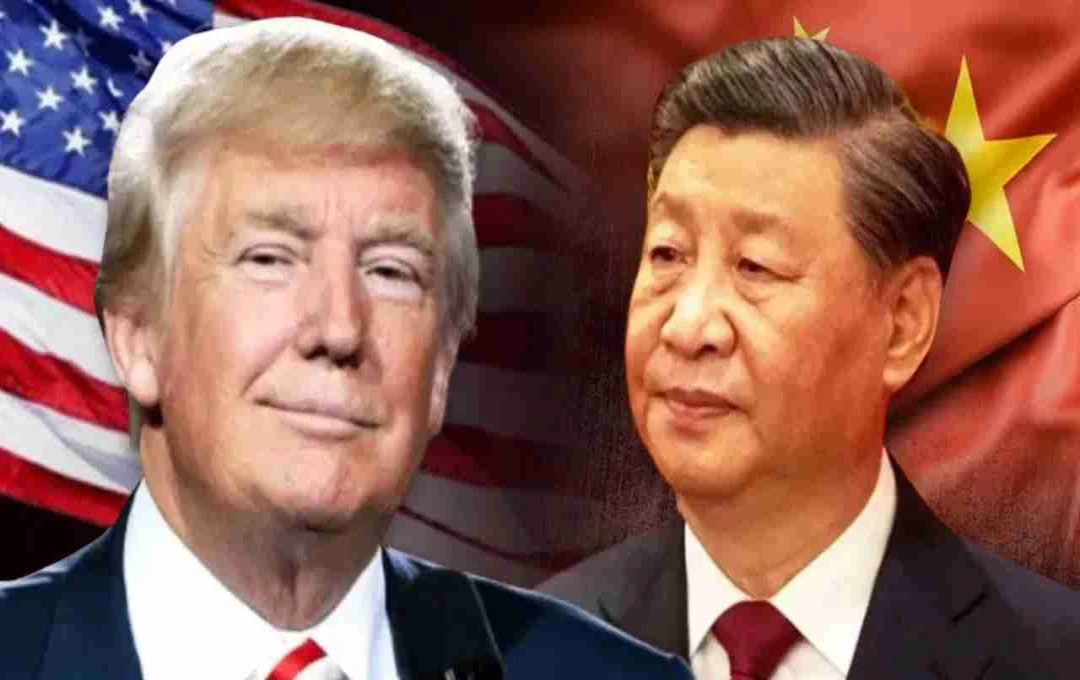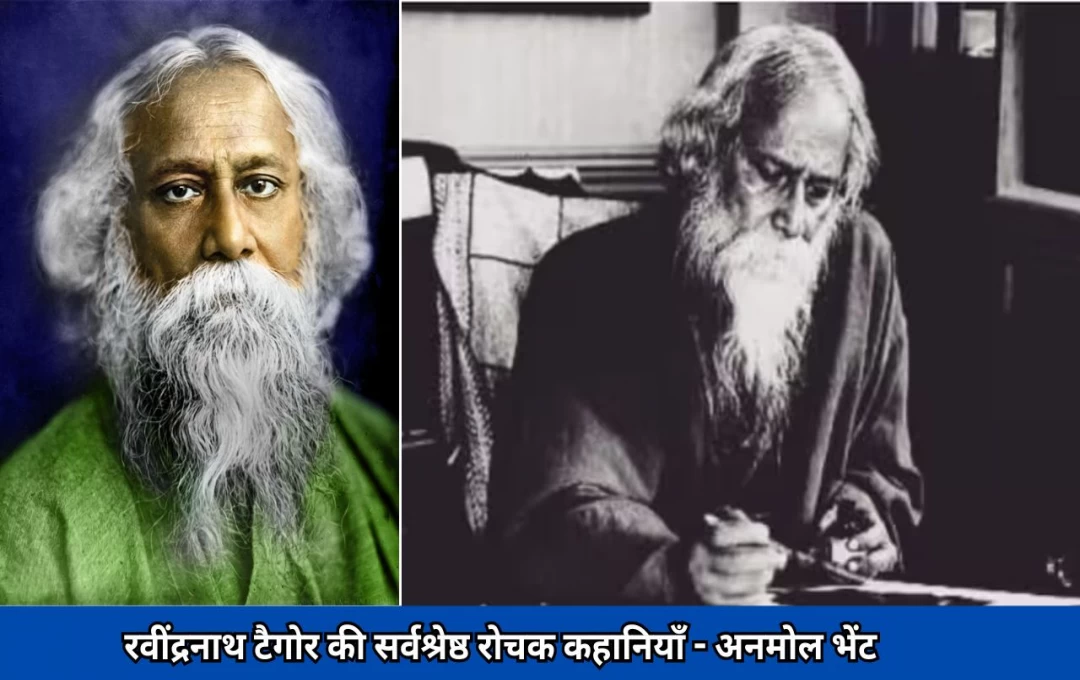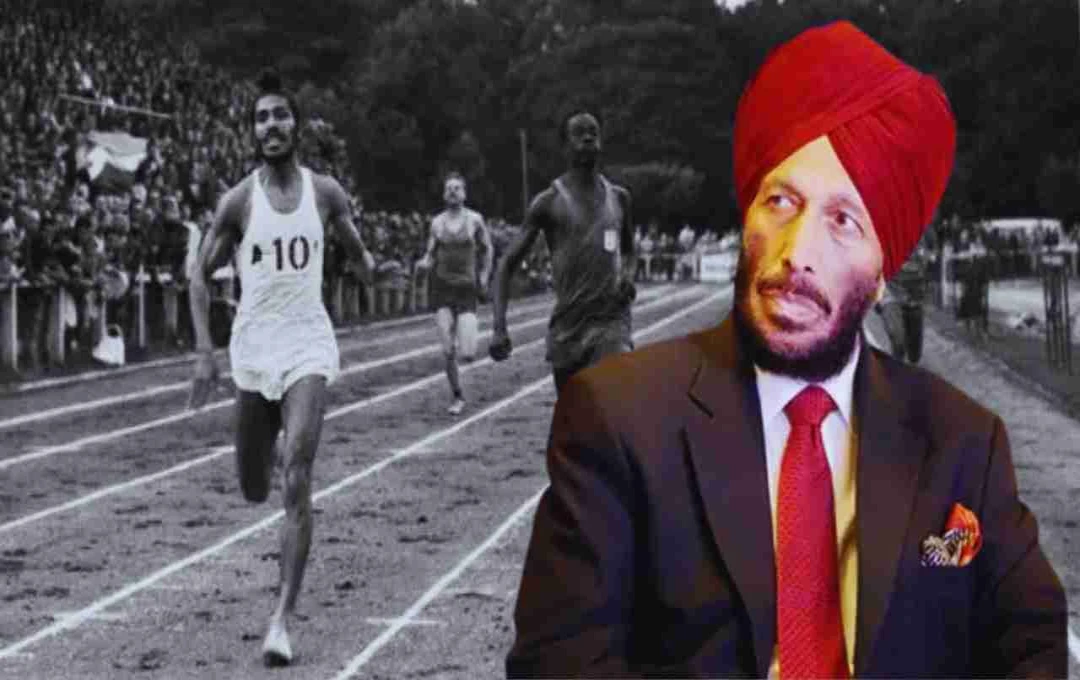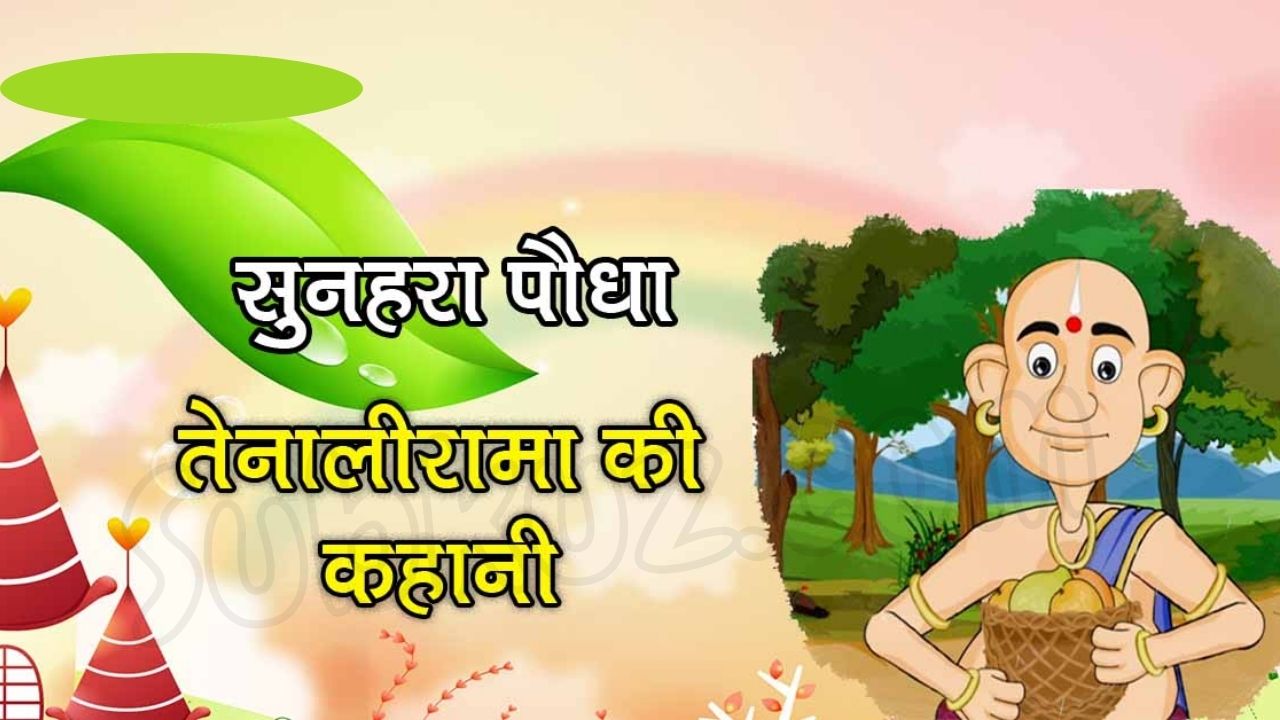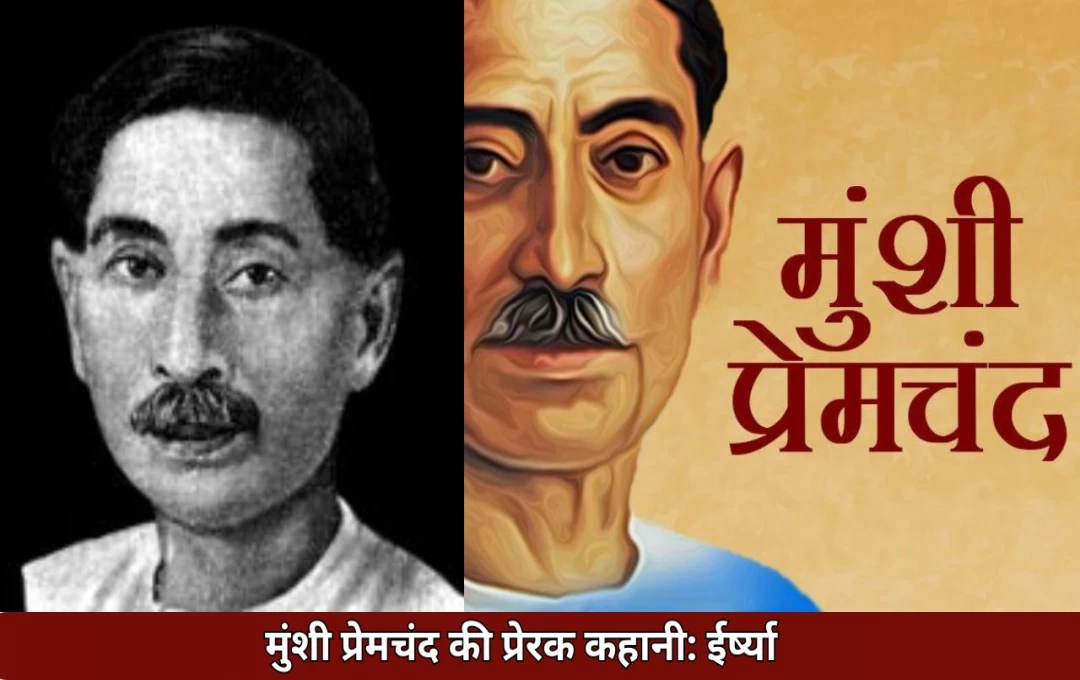In India's freedom struggle, while political leaders like Gandhi, Nehru, and Patel played leading roles, there was also a personality who not only adopted 'non-violence' and 'sacrifice' in life but also established it as social reform — he was Acharya Vinoba Bhave. As a saint, thinker, social worker, and pioneer of the Bhoodan movement, his identity is deeply etched in the Indian psyche.
Early Life and Mother's Influence
Vinayak Narahari Bhave was born on September 11, 1895, in the village of Gagoda in Maharashtra. His father, Narahari Shambhu Bhave, was a scholar of mathematics and Sanskrit, while his mother, Rukminibai, was a devout, simple, and compassionate woman. Vinoba was deeply influenced by his mother. She was the one who narrated to him stories from the Gita, Ramayana, Bhagwat, and the saints, due to which the feelings of renunciation, celibacy, and devotion took root in Vinoba from childhood.
Detachment from Education and Towards Spiritual Practice
Although Vinoba enrolled in Fergusson College in Mumbai, his inclination was more towards spirituality. He left his studies and went to Kashi, where he studied Sanskrit, Vedas, Upanishads, and the Gita in depth. It was here that he learned that Mahatma Gandhi was running the Sabarmati Ashram — and this was the moment when Vinoba's life turned towards a new chapter.
Meeting with Gandhi and His Influence
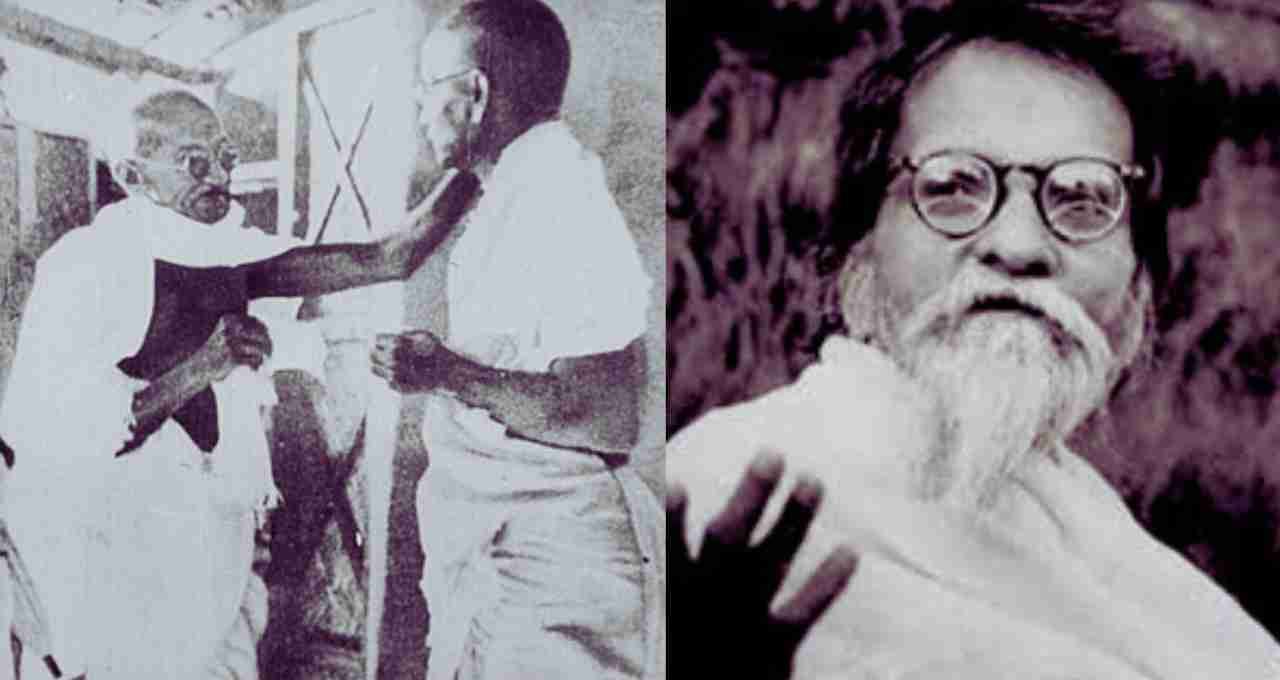
In 1916, Vinoba Bhave met Mahatma Gandhi for the first time. Gandhi's simplicity, truth, and spirit of service greatly influenced Vinoba. Gandhi recognized the honesty and spirit of sacrifice hidden within him and said, 'He is a true seeker of celibacy; he should serve religion, not politics.' This one sentence determined the direction of Vinoba's life. Gandhiji advised Vinoba to engage in social reform, spirituality, and constructive work instead of politics. Vinoba made Gandhiji's words a mantra for his life. He never contested elections but instead went from village to village, working to change society through education, land donation, and non-violence. This first meeting with Gandhiji became the greatest inspiration of his life.
Bhoodan Movement: A Revolution of the Heart Through Land
A few years after independence, in 1951, during a meeting in Ponduru village in Andhra Pradesh, a poor farmer asked Vinoba for land. Then Vinoba said to the landlords present in the meeting — 'If you love me, then donate a portion of your land to it.' And surprisingly, one landlord voluntarily gave land. This was the seed from which the 'Bhoodan Movement' began. He walked from village to village, appealing to people to voluntarily donate land. In 17 years, he received approximately 4.2 million acres of land in donation. This was not just a transfer of land; it was a revolution of the heart — based on non-violence, compassion, and service.
Commentary on the Gita and Spiritual Perspective
Vinoba Bhave's entire life was based on the teachings of the Bhagavad Gita. He believed that the Gita is not just a religious text but a book showing the way to liberation. He explained the Gita in a very simple and easy language so that common people could also adopt it in their lives. His famous book 'Gitai' is such a simple and soulful form of the Gita. Vinoba described the Gita as a beautiful combination of Karma Yoga, Gyan Yoga, and Bhakti Yoga. He used to say that the Gita teaches us that we should continue to do our work without worrying about the results. For him, the Gita was not just something to read but a path that should be adopted in everyday life. He taught people throughout his life that the right path to the purification of the soul and service is hidden in the Gita.
Social Reform and Women's Awakening
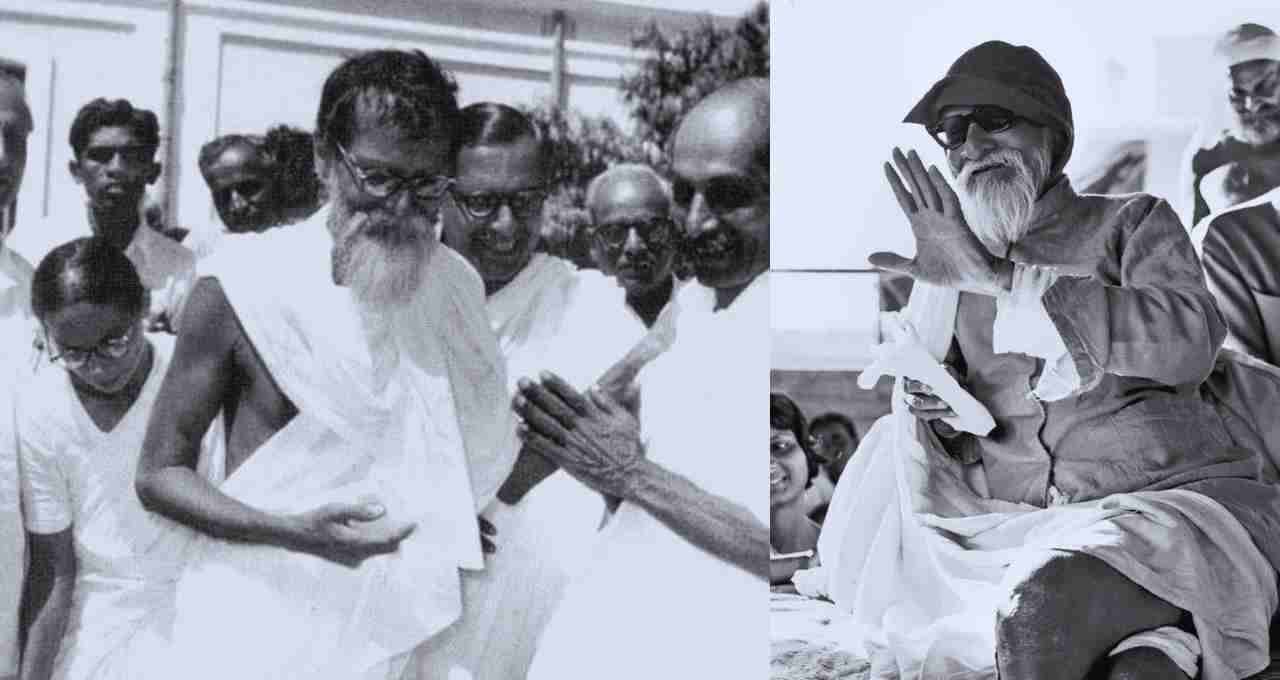
Acharya Vinoba Bhave was a true servant of social reform. He always raised his voice for those who were neglected in society, such as Dalits, the poor, and women. He believed that if society is to truly change, then women must first be given their rights and respect. He advocated for women's education, equal marriage rights, and equality for untouchables. He used to say, 'Society will only improve when women get their real place and respect.' He worked throughout his life to make women self-reliant and protect their rights.
The Final Journey: Silence and Inner Peace
In the last years of his life, Acharya Vinoba Bhave adopted a vow of silence. He spoke only for necessary things and spent most of his time in meditation and introspection. On October 25, 1982, he voluntarily gave up food, which is considered a vow like Santhara in the Jain tradition. He wanted to welcome death with a peaceful mind. Finally, on November 15, 1982, he peacefully gave up his life in Pune and merged into the divine.
Acharya Vinoba Bhave was not only a true follower of Gandhiji's ideas, but he also gave a new direction to society by putting them into practice in his life. His life remained a symbol of Bhoodan, self-reliance, and compassion. He was not just a thinker but a Karmayogi, who brought about changes in the lives of millions of people without power, politics, or conflict. Today, when there is a need for ethics and coexistence in society, Vinoba's life shows the way like a lamp.
